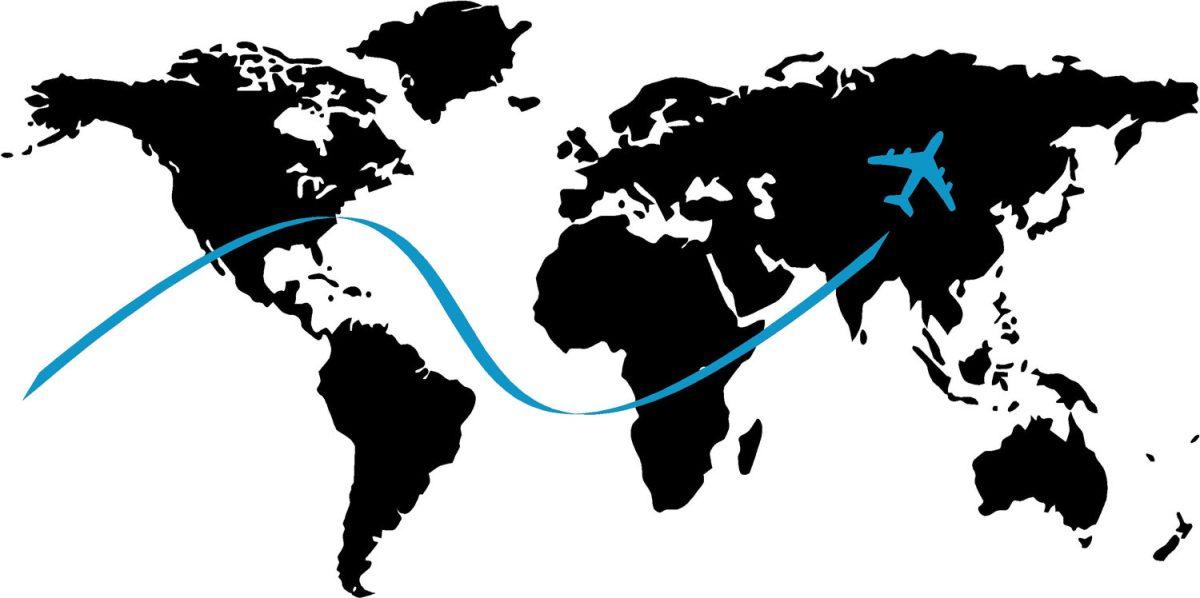GLOBAL EVENTS PUT THE BRAKES ON SOME INTERNATIONAL INTERIM TRAVEL PLANS—
There is always a degree of uncertainty when it comes to travel. Weather, for instance, can be your best friend or your worst enemy when traveling. Take Interim 2013 when the Frozen-esque snow storm of the decade hit the Eastern seaboard and delayed quite a few international travel Interims as they were unable to make connecting flights to major cities like Detroit and New York from Charlotte and Atlanta. A travel project to Spain and Morocco was delayed an entire week.Mother Nature isn’t the only ever-changing variable for which planning must account. There’s always the risk that something could happen in the months, weeks, even days leading up to an Interim trip that requires change and quick action. Given the situation in the Middle East, a lot has been swirling in the Wofford rumor mill about the status of two Interim projects that planned to spend time in Istanbul.
Dr. Peter Schmunk and Dr. Karen Goodchild, both art history professors, had planned a trip to visit Greece and Turkey. But after concern arose from parents about how safe Turkey might be given the conflict in nearby Syria, Schmunk and Goodchild decided as project leaders without extensive experience in that part of the world, that it would be best just to spend the entirety of their trip in Greece. The decision was made completely by the professors, not at the request of the college. They swapped about three days in Istanbul for an extra five days in Greece that will allow for a more extensive exploration though hiking and other activities.For Schmunk, it’s deja-vu.“This exact situation happened about 8 or 10 years ago. I had planned an itinerary that would travel to Greece and then Istanbul, but terrorist activity in Turkey at the time brought up concerns about safety, so we changed that trip as well and spent some time in Naples instead,” says Schmunk.
Students who registered for what was originally Greece and Turkey have expressed some disappointment over the cancellation of the Istanbul leg of the trip, but at the same time understand the concerns.
“I originally picked the Interim because of the chance to see Istanbul, so I’m disappointed we won’t get to visit anymore, but spending three weeks in Greece isn’t a bad thing at all,” says senior Lelia Elizabeth Smith.
Story continues below advertisement
Senior Kaitlyn Cockcroft shares in Smith’s disappointment, but understands the need for the change.
“Removing the Turkey portion of our trip was the right decision to ensure our safety, no matter how disappointing,” she says. “I am excited to spend even more time in Greece and explore even more cities. I feel that at the end of this trip I will have seen most all of what Greece has to offer.”
Dr. Philip Dorroll, an assistant professor of religion, is leading an Interim that will explore Istanbul as one of the most important religious capitals in the world. Dorroll, fluent in Turkish and Arabic, has been traveling to Istanbul yearly since 2002. Working with IES, he designed a comprehensive Interim itinerary designed to give students a unique look at the Christian and Muslim communities in Istanbul. IES often works with Wofford
Interim projects and provides phenomenal on-location assistance for travel groups. Dorroll describes Istanbul as his backyard, having not only travelled to Istanbul and other parts of Turkey, but also having spent a significant portion of time living in Istanbul as well.
The perk to working with IES is the ready response the program can have to anything that happens between now and the trip. IES is equipped to make changes as necessary, accounting for hiccups that can be as simple as weather delays to the most serious of problems, like natural disasters.Assistant Dean of International Programs Amy Lancaster explains a situation a few years ago that occurred during a semester abroad. She says that it still provides an excellent example of the types of accommodations IES is capable of making in a crunch.“We had a student studying in New Zealand when an earthquake completely destroyed the infrastructure of the host university about three weeks into the semester. IES was able to relocated that student immediately and continue the student’s participation in the program,” she explains.
The Spain and Morocco trip delayed last Interim due to massive weather complications was also an IES program, and IES was able to appropriately adjust and keep the integrity of the planned itinerary, albeit in a slightly shorter time frame.Vague rumors of the South Africa project being put on hold due to threats of Ebola were put to bed when people looked at a map and realized the amount of distance between the Ebola outbreak centers and the destinations provided enough of a geographic barrier.With only five weeks until Interim, most itineraries are set in stone for the time being, while professors keep their fingers crossed for smooth travels.
— Leah Hunter





























